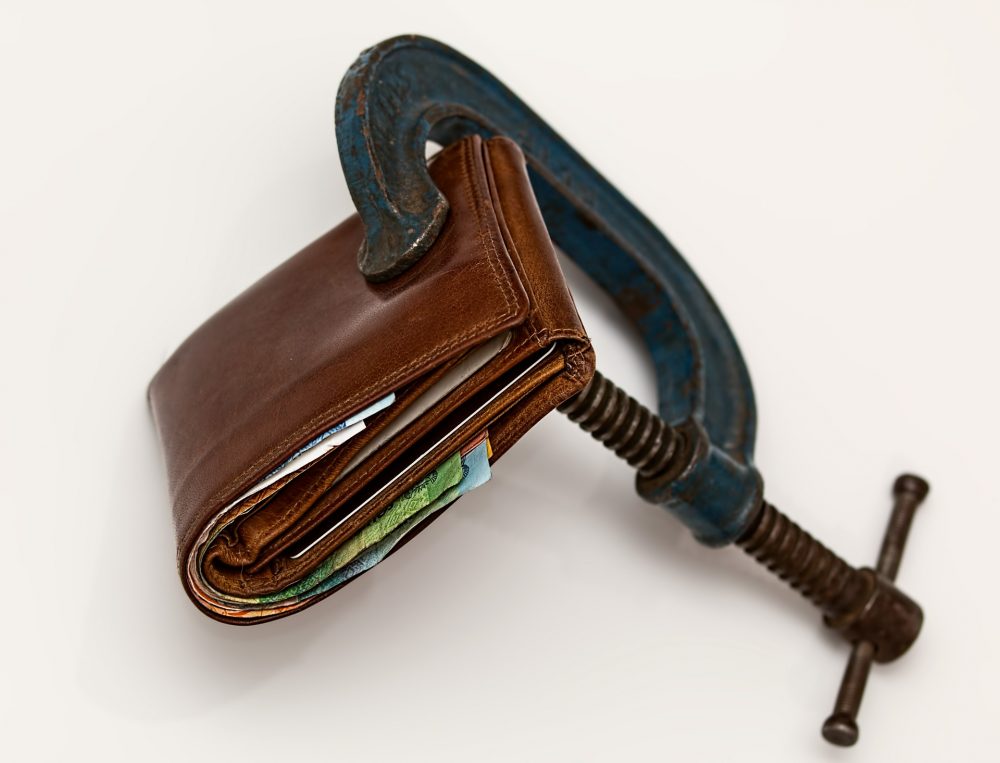Finances are tricky, and even the basics can be tough to master. This is because it often relies less on know-how, and more on discipline. While I can’t supply the latter for you, I can give you the former and hope you do the right thing. So, we will break down the fundamental strategies on how to budget money for bills. Remember, this advice will do you no good if you play fast and lose with it, so follow it precisely until you gain enough discipline to continue your saving your way.
Calculating Costs
The first step to a good budget is to calculate exactly what you need to spend. I cannot emphasize this enough: this is not what you want to spend, this is what you need to spend. When doing so, you need to add up your rent, bills, and grocery cost to begin with. this includes any fundamental “quality-of-life” costs too, like car payments and insurance, your favorite subscription services (don’t go overboard), etc. When you do this, round up. So, if a bill is $64-per-month, round up to $70. If groceries cost you $162, write down $200 to give yourself lee-way. The more you do this, the more often you will end up with a surplus of cash, which is never a problem.
Calculating Income
The next step is easy, just add up your day job paycheck, and any other routine income you have. This will total out your income for each month. Just like with the last category, we will be doing some estimation. The difference is, this time we will round down. If your paycheck usually comes out to $1,589-per-check, we are gonna go ahead and say that you earn $1,500 even per check. Again, we don’t want any surprising expenses, but an unexpected lump of extra cash always makes a good budget even more rewarding.
Compare Your Final Balances
Once you calculate your costs and your income, you can subtract the costs and come out with a “liquid assets” figure. This shows how much you should have in the bank after your absolute essentials are covered. So, compare your actual bank balance with that amount, and you will see how much you are spending on non-essentials.
Listen, I’m not here to tell you that your life has to be a never-ending cycle of only buying things you absolutely need. Pleasure is a vital part of life, and even a major part of your brain’s reward cycle, allowing you to feel good after you successfully balance your budget.
Use It to Your Advantage
With that said, we want to limit these more frivolous expenses as much as possible. Try to keep your non-essential spending to about 10% of what you make. Not too bad, right? If you make $1,500 (rounded down, of course) per paycheck, you get $150 of fun money each paycheck. That covers going out for drinks on Friday night, maybe a good massage if nobody is available, etc. This ensures that you get to spend money making yourself happy without stressing about your expenses or savings. By setting a strict spending allowance for yourself, you make spending a much more easy-going process. This is because you know, in the back of your mind, that you have already planned for it.
Read More:
- Good Reasons for Home Rental Vs Home Buying
- How to Capitalize on 5G Technology
- Retirement Preparation for Gig Economy Workers

Trey LaRocca is a freelance writer, financial sales worker, and tech guy. When he isn’t out and about or at work, he’s usually at home enjoying some video games and a beer. Currently residing in Newport Beach, this California Kid can be found at the beach on any given weekend. Trey has years of experience in day/swing trading, financial analytics, and sales.


